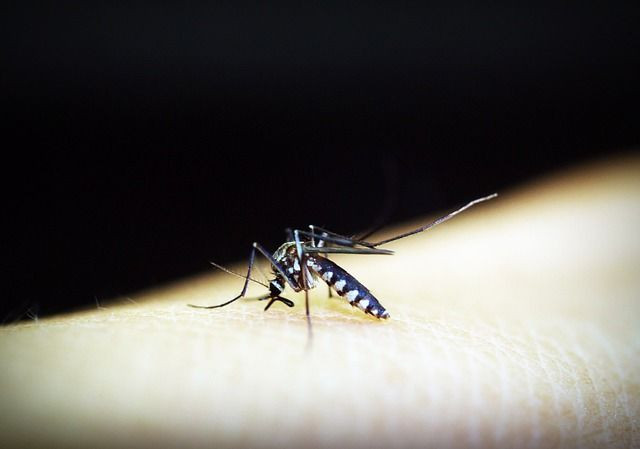Is Zika Contagious? Facts And Myths About How It Spreads

As the Zika virus makes its way throughout the Caribbean and North and South America, it’s important to discern the facts from rumors regarding whether or not the virus is contagious, and how it is spread.
The Centers for Disease Control and Prevention report that the primary route the virus is spread among the human population is via a bite from an infected Aedes species mosquito (Ae. aegypti and Ae. albopictus). These are the same mosquitoes that spread dengue and chikungunya viruses. Aedes aegypti mosquitoes live in tropical, subtropical, and in some temperate climates, and prefer to live near and feed on people. Aedes albopictus live in tropical, subtropical, and temperate climates, but can live in a broader temperature range and at cooler temperatures than Ae.aegypti. Unlike Ae. aegypti, Ae. albopictus prefer to feed on animals, but are still able to transmit the virus to humans. Mosquitoes become infected when they feed on a person already infected with the virus, and can then spread the virus to other people through bites.
The virus may also be spread from human-to-human contact, but only through sexual activity and between mother and child via pregnancy. Zika can be transmitted through sex even when a partner shows no symptoms, as the virus is still contagious both before and after the onset of symptoms, the CDC reports. Studies are still being conducted to fully understand how long Zika stays in semen and vaginal fluids, but experts believe it may survive in semen longer than other bodily fluids. For this reason men are asked to consider using condoms or not having sex for at least 6 months after symptoms began. Women are asked to consider using condoms or not having sex for at least 8 weeks after symptoms began.
To date, there is no evidence of Zika being passed from mother to child via breastfeeding, and Zika-infected mothers are still encouraged to breastfeed their children.
Simply being in close proximity to a Zika-infected individual will not put you at risk for contracting a Zika infection. Theoretically, the viruses may be transmitted through blood transfusions or organ donations, although to date there are no reports of this type of transmission, MedicineNet reported. However, due to the high risk of transmission via blood transfusions, the Food and Drug Administration has advised that all blood centers in Florida’s Miami-Dade County cease collection until they’re able to effectively screen for the virus.
Read More:
Zika Early Symptoms 2016: Warning Signs That You're Infected And What To Do Read Here.
Zika Infection Risks 2016: 3 Ways The Virus Can Be Transmitted And What We Still Don't Know Read Here.



























